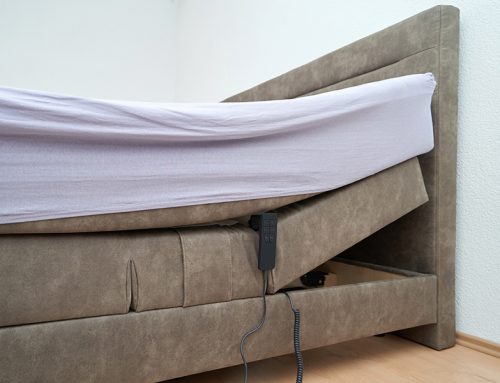It’s already worrisome enough when you’re attempting to sleep while just staring at the time tick by, but if you’re somebody who struggles with tinnitus – you may have an annoying ringing in your ear. There’s more that’s keeping you up besides a late afternoon caffeine kick.
Tinnitus is known for involving perceived sounds or ringing without coming from an external source. Unfortunately, silence brings an opportunity for constant ringing to seem even louder and annoying. Yet, we’ve been conditioned to feel that a quiet environment is needed to fall asleep. How can you win??
This is what living with Tinnitus is like. And if you’re reading this post, you’re likely looking for ways to combat this interference and sleep deprivation. Well, we’ve got you covered!
How does Tinnitus affect sleep?
Tinnitus affects each person differently, but it’s essentially a constant awareness of sound. The level of sound also depends, but around 1 in 4 people with tinnitus would describe it as loud. The type of sound varies from buzzing and humming to drilling. It’s typically caused by hearing loss, ear infections, or injuries to the head and ears. And it becomes more common with age.
While tinnitus can interfere with someone’s day, the real challenge comes at night in the quiet of a bedroom. During the day there may be enough background noise for perceived sounds to drown out, but when you’re lying awake in silence, the noises become louder.
That’s why sleep is a massive challenge for those with tinnitus. As a result, tinnitus has been strongly linked to sleeping disorders and insomnia. One study found that 54 % of those with tinnitus also suffered a sleep disorder. Instead of looking forward to a night of restorative rest, tinnitus just brings on more anxiety and thus more difficulty falling asleep.
So how can you overcome the challenge of living with tinnitus and get the sleep you need?





